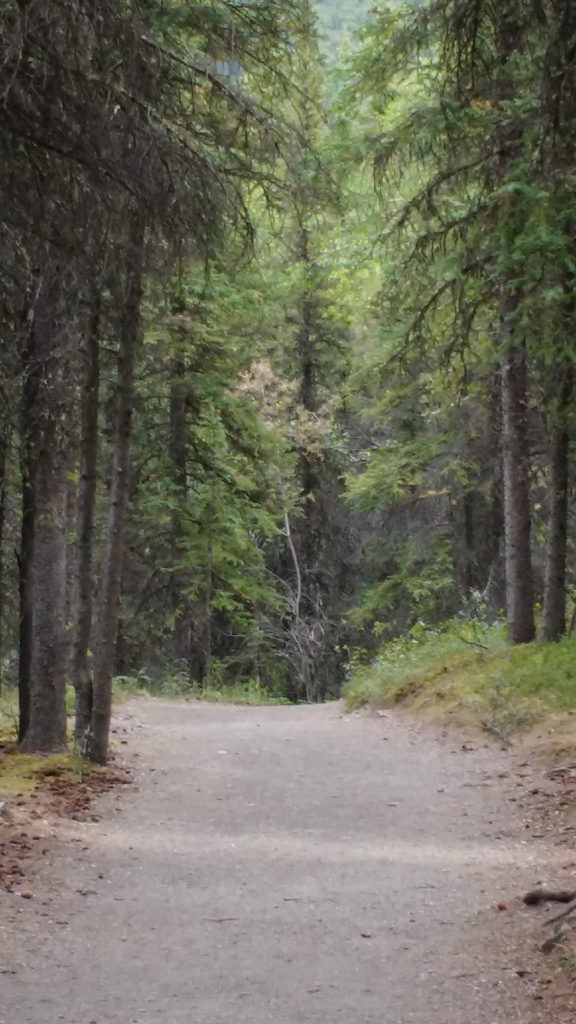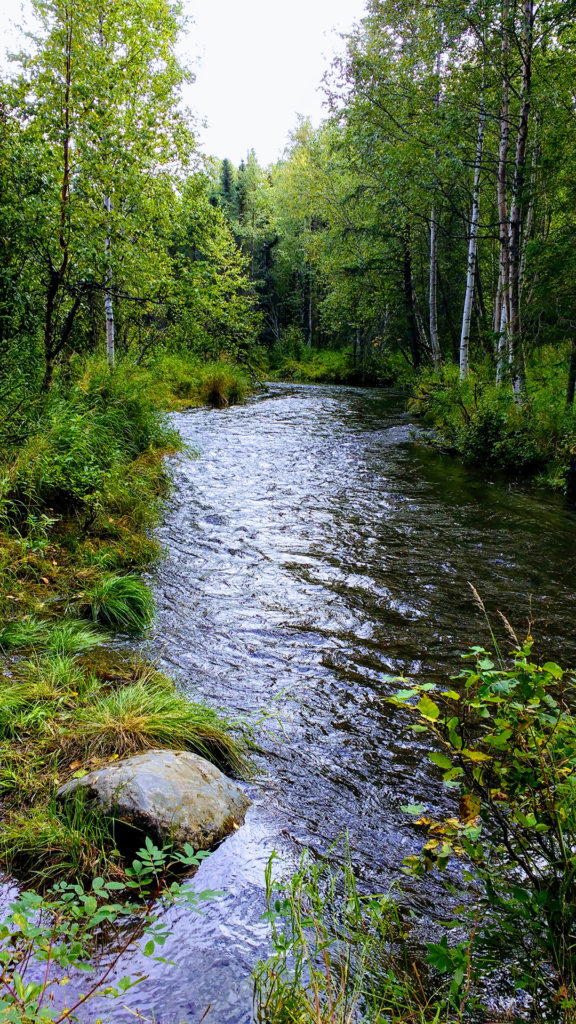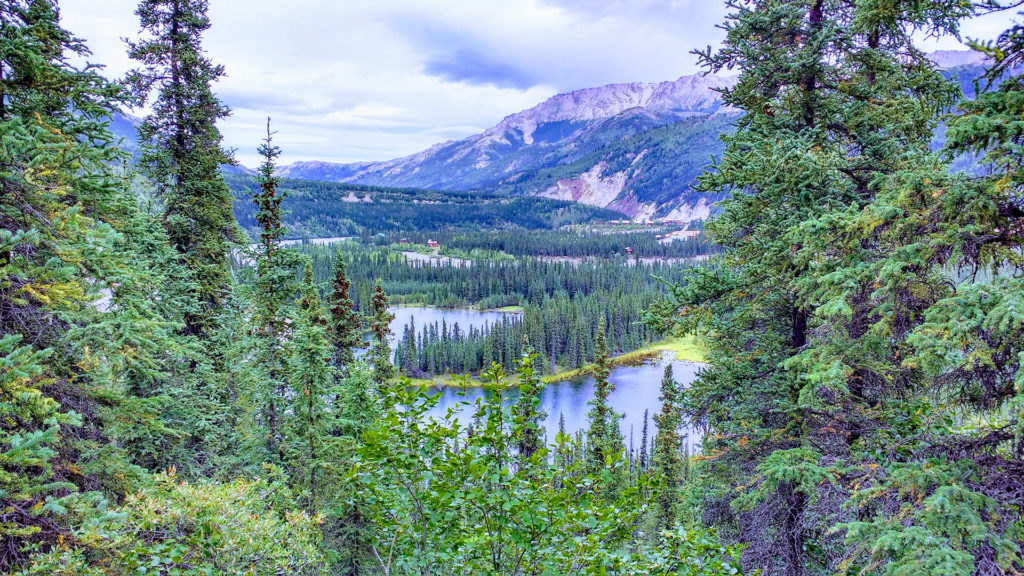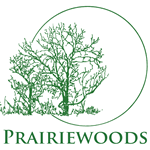When some calamity befalls us, such as last month’s derecho that brought devastation to Prairiewoods’ tree canopy, as well as widespread destruction to the greater Cedar Rapids area and indeed the whole bio-region, it is a good time to slow down, to pause and reflect, to root deeply, to breathe into the pain of loss and stay with the trouble that is the grieving process. It need not be a pandemic, hurricane or tornado, or even deadly wildfires or a derecho, that invite reflection. It could also be the loss of a loved one, loss of our creature-kin or our arbor elders, health issues, a major change in life situation or vocation, empty-nesting, financial challenges, or the disillusionment of a painful break in relationship. Whatever has happened that makes us feel at a loss, it is a timely opportunity—a liminal moment—to take note of our interior wilderness with tender attention and care.
How do we do that?
Here is an exercise that might help us identify where the poignant, recent losses have left scars upon the interior landscape, where the mighty oaks and maples, elms and pines have fallen, what their remains are blocking, and how to work with their deep roots to begin the process of healing and transformation.
 First, with a blank sheet of paper, sketching pad or journal, draw a horizontal line across the page. Imagine you are looking at the horizon of your life. No need to see it as a solely linear progression. Imagine you are looking at your life from the perspective of a far-away observer with a telephoto lens, so you can see the wide-angle as well as zoom in on significant points along the journey.
First, with a blank sheet of paper, sketching pad or journal, draw a horizontal line across the page. Imagine you are looking at the horizon of your life. No need to see it as a solely linear progression. Imagine you are looking at your life from the perspective of a far-away observer with a telephoto lens, so you can see the wide-angle as well as zoom in on significant points along the journey.
Now, take a deep breath, and identify five (maybe fewer, maybe a couple more) significant “markers” from your life, e.g., significant choices, journeys, relationships, places, achievements, gifts or surprises that represent key facets of your identity. Only you can know what these are. Note them with a word or symbol, picture, or a line from a song, movie, or poem if one captures your imagination. Place them somewhere on or around the horizon line. Now you will see your identity markers, the significant people, events, places and life experiences that have shaped you.
Then, zoom out and broaden your perspective. Do you see any connections, any themes, any taproot from which you have drawn your identity? Zoom in if necessary on the details of one or more of these to note why this identity marker seems so significant to you. Try removing them one by one, and if any seem to be superfluous or redundant, or if you take one away and it doesn’t seem too significant for who you are today, remove it as a marker. It will probably relate to another marker anyway. Make sure your significant markers are truly significant.
Once you have your identity markers, note what has changed or been affected by your recent loss. What markers used to hold truth and meaning and value for you that have now been altered in some way because of this loss? What feels like you can’t imagine how you might be yourself again without that certain marker intact? What has been wiped out or damaged or cleared in your perception and experience of yourself and your path since your loss? What seems to be blocking you from moving forward beyond that altered marker?

Draw a few columns with these questions at the top:
Which markers am I grateful for being altered and why? Which ones am I grieving?
Which altered markers must I let go? Who am I without this particular marker?
Which altered markers are inviting me to learn from, go deeper, grow, or possibly move beyond or in another direction?
Sit with these. Take your time. Breathe deeply. Invite Spirit, Love, Energy, God, or however you name your Source to guide and enlighten you. There are no right or wrong answers, just sacred space for reflection, for rooting and growing deeper.
Look at your responses to the questions. In time, you might see new pathways emerging in your changing interior landscape. Maybe get off the beaten path and risk feeling lost, disoriented and confused. It’s in staying with the challenges of the present journey that healing and new life can grow from what is being composted. And the mysterious new garden, forest, prairie, wilderness or waterscape that is emerging might offer you wonders of exploration and en-JOY-ment beyond your wildest dreams!
—Laura Weber, Prairiewoods associate director and retreats coordinator




1 Comment